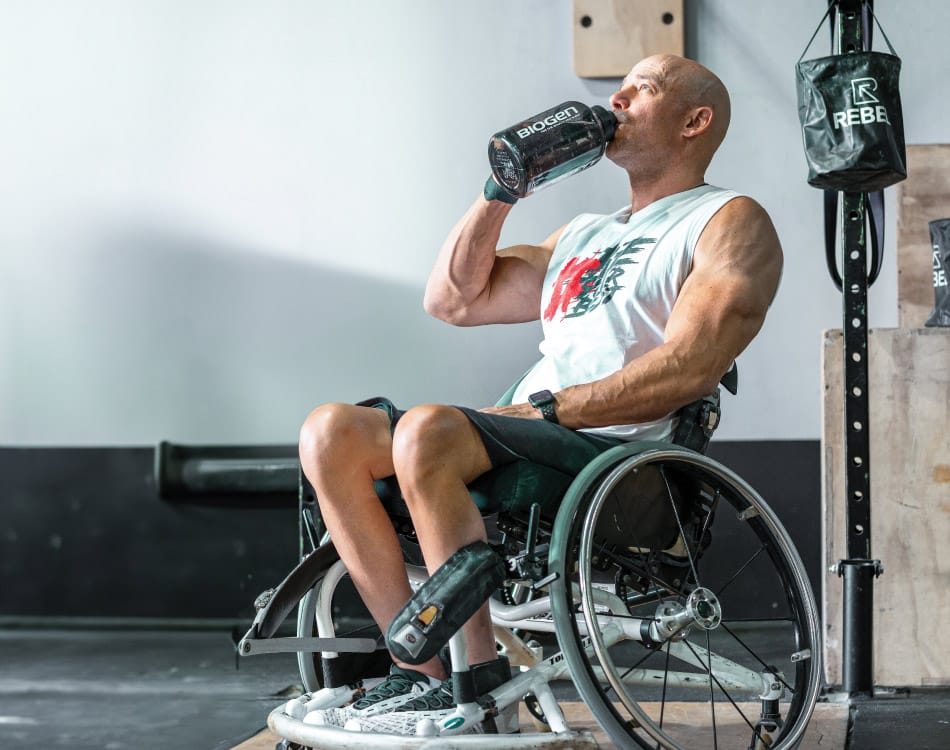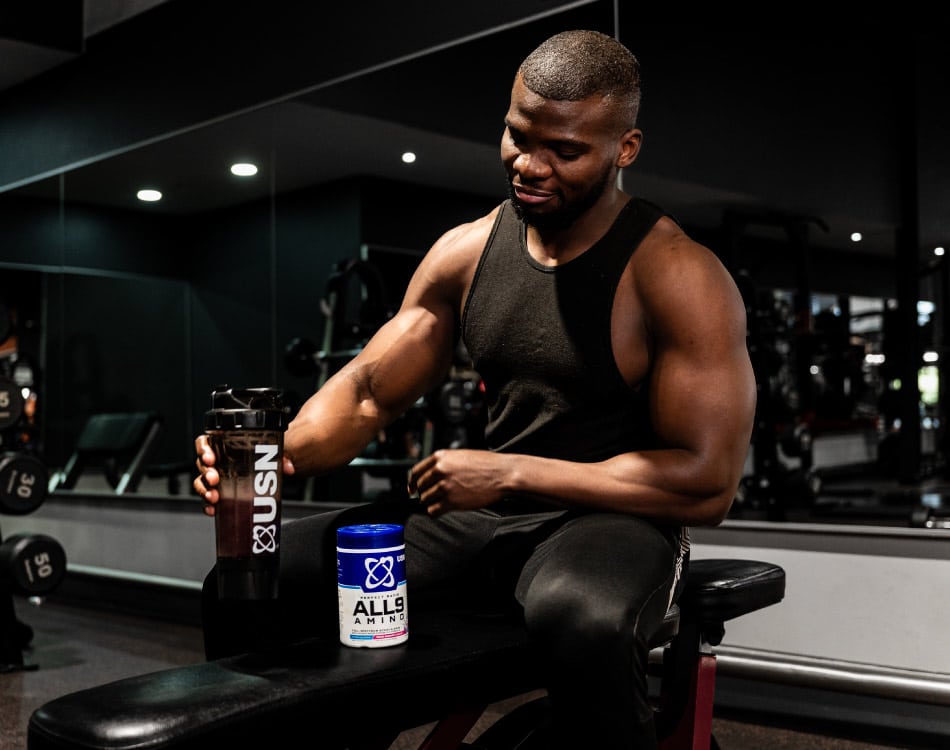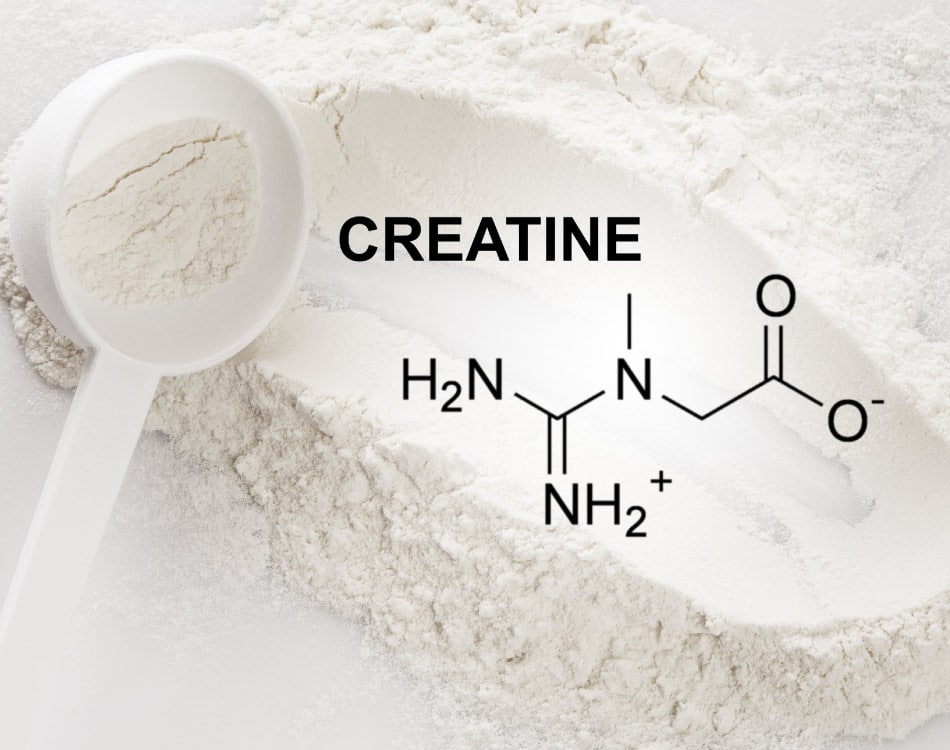We’re not all blessed with the genes that make it easy to slap on size.
The hard truth is that our ability to add significant muscle is hardwired into our DNA and those who aren’t blessed with the right combination of genes have to work really hard to add mass.
This is the reality for many of the so-called hard-gainers who tirelessly toil in the gym every day to make those ‘gainz’. While the training and dieting techniques required by hard-gainers are well known, advances in modern science and research have shed light on the factors that influence an individual’s ability to quickly and easily add muscle mass and also dispel some of the myths.
Remove the guesswork
The use of DNA analysis technology is one such development. The tests, which are now widely available to consumers, can provide clients with important information about their genetic make-up. This data can take a lot of the guesswork out of determining if you’re actually a hard-gainer and, if so, will help you find the right approach to ensure you train and eat correctly for your genetic make-up.
While there isn’t one gene that determines if you’re a hard-gainer, with the aid of a DNA test properly educated fitness professionals can start to make associations and recommendations based on the information provided and the theoretical science currently available that supports this approach.
Multiple factors
Some of the important physiological factors that materially impact on your ability to add significant lean muscle mass include vascular control, muscle fibre composition, strength, cardiac output, muscle metabolism and training adaptability.
The other factors that should be taken into consideration when determining if you are a hard-gainer include your metabolic rate, higher levels of stress hormone production, insulin-sensitivity, endocrine activity, with specific reference to hormone production and central nervous system (CNS) response.
Muscle fibre composition
Specific genes are closely associated with muscle gain as they are responsible for protein-coding.
Polymorphisms found in these specific genes will indicate if you have a propensity to build lean muscle or not.
Someone who has more endurance-type muscle fibres, for instance, may have a lower propensity for muscle growth and would more likely respond better to higher repetition weight training and aerobic-type exercise.
Hormonal response
Someone who has a greater proportion of power-type, or fast twitch muscle fibres, which may be associated with better muscle growth, may benefit from heavy weight training and power-based activities such as plyometrics.
Other genes code for hormonal responses. This often accounts for differences in so-called super-responders as they have the right combination of genes that respond best to anabolic processes, or even a higher metabolic rate which helps to create leaner physiques in response to the right training and dietary inputs.
There is also research available that shows how people respond hormonally to different rep ranges. These findings suggest that responses to training also depend on the individual, not just the rep range.
Recovery response
Our genes also determine our rate of recovery following intense, or prolonged training. If a hard-gainer has the gene combinations that make their recoverability poor, then it necessary to train less, but use higher intensity at each session, while strictly adhering to rest and recovery guidelines.
Supplement your approach
In terms of supplementation, the correct amino acids in the form of whey or BCAAs, taken in the right quantities at the right time can have a significant impact on the muscular development of a hard-gainer. A good multivitamin is also essential as hard-gainers tend to have sensitive neural and hormonal systems.
Food for thought
In terms of diet, getting your nutritional status right is also essential if you want to make beneficial gains. Many hard-gainers tend to think that it is all about carbs when adding on mass, but many don’t metabolise carbs very well. They also forget about the important role that the right fats play in recovery, reducing inflammation and repairing nerve damage and cells.
The right diet for an individual is another factor that can be determined through a DNA test, but eating a nutrient- and calorie-dense diet based predominantly on natural foods, eating raw options as often as possible, will help to deliver the results you’re after.

















Leave A Comment